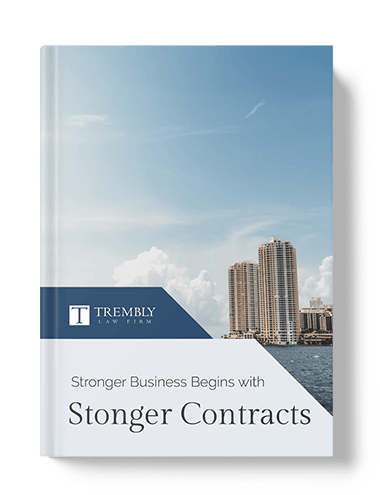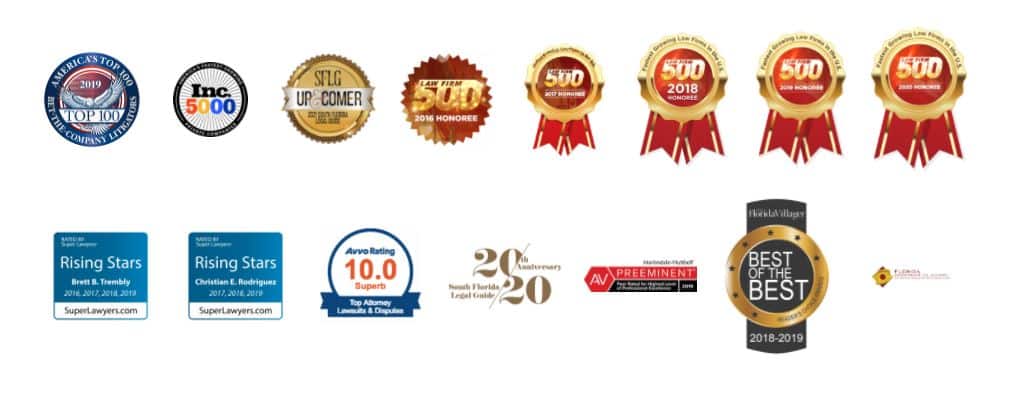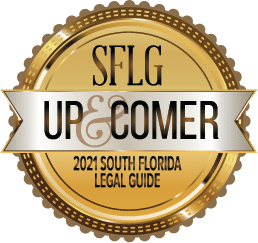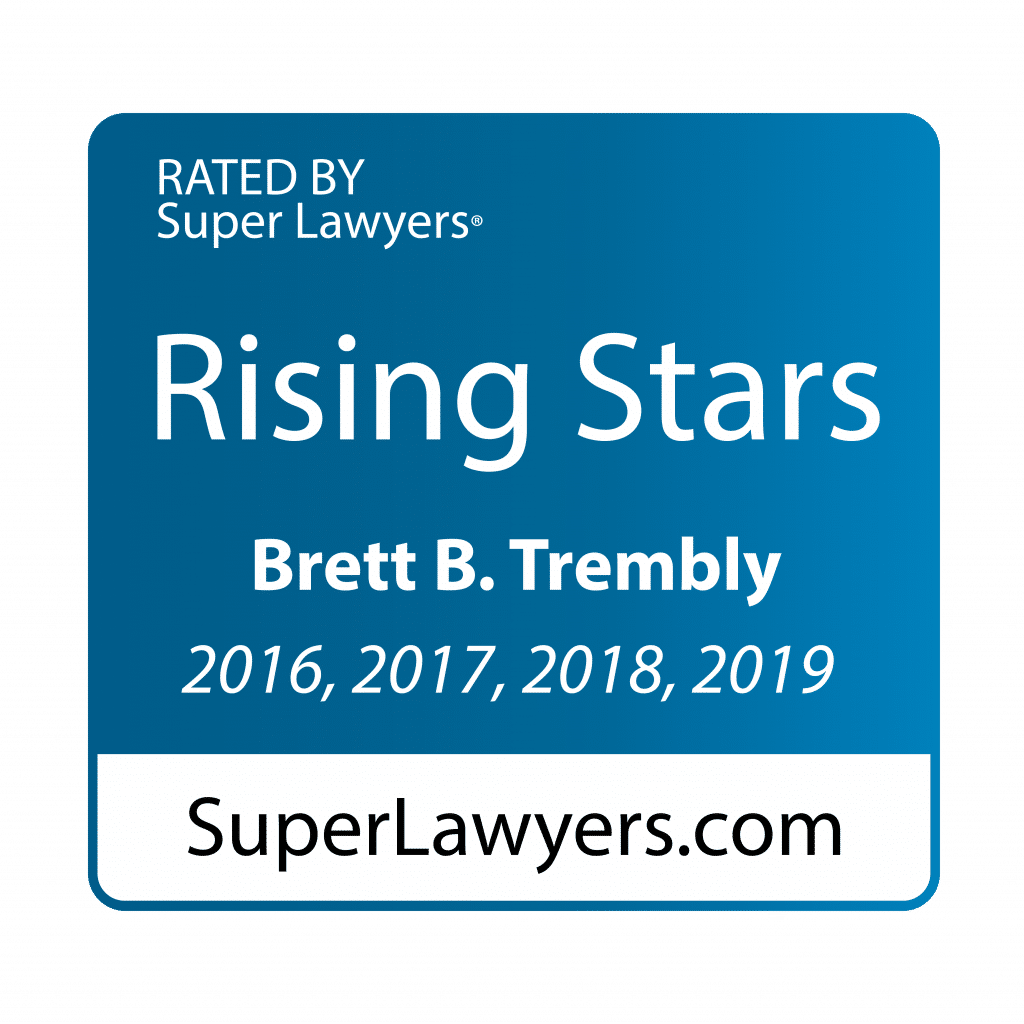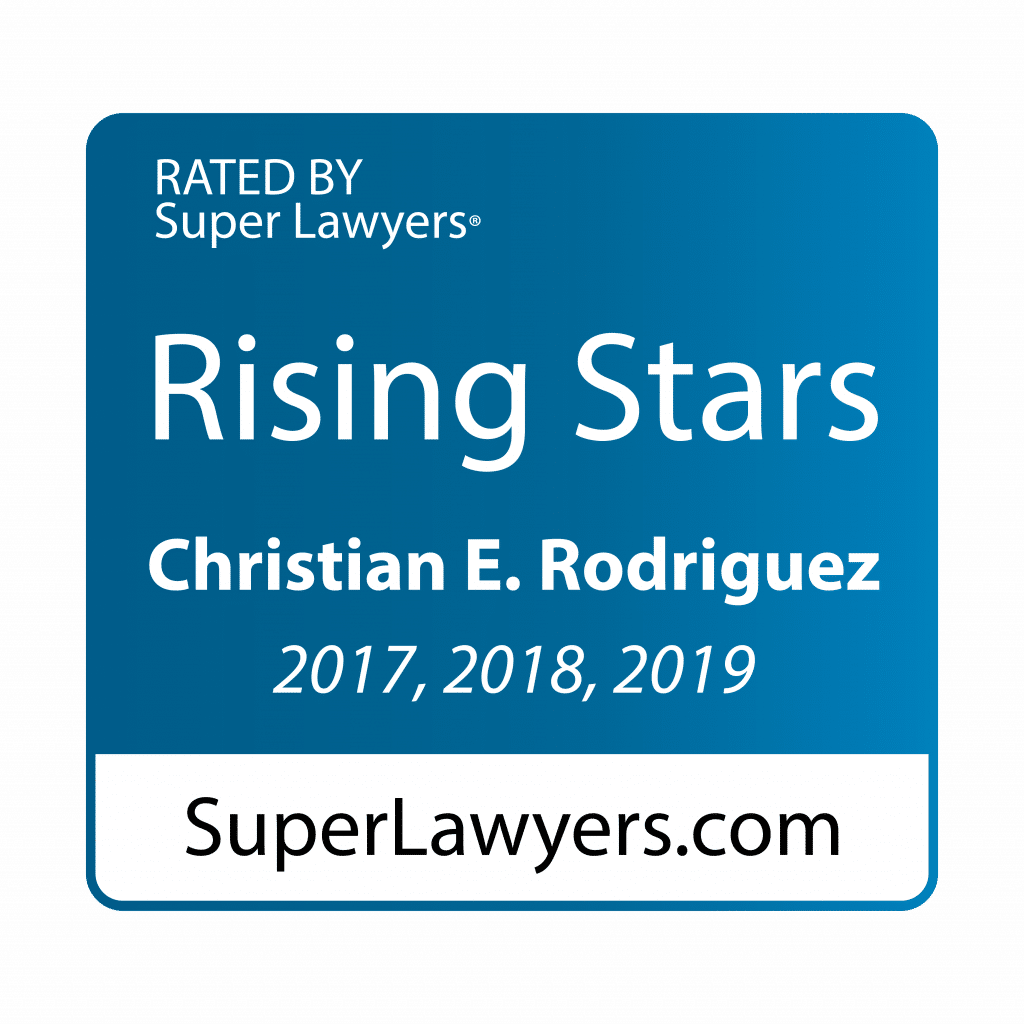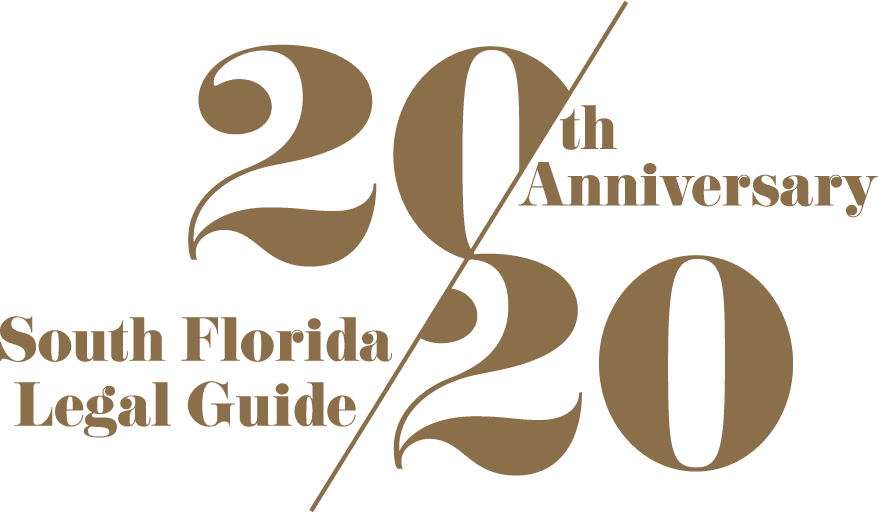On our website, we took the time to identify what injunctive relief is, and we provided six different examples. The first one we offered centered around intellectual property, so let’s pretend your company developed a new form of a football helmet. It’s new because there is a computer chip in it that measures how hard someone gets hit. You sell it as an innovative way to prevent players of all ages from playing with concussions and monitoring them for CTE. (This is a fictitious product that we are using for the sake of argument. If something like this exists, it is entirely coincidental.)
You make up the name Corsarm and patent the technology through the United States Patent and Trademark Office (USPTO). By doing so, you have spent time and money to protect your intellectual property, and now it cannot be used or sold without your permission. Other helmet manufacturers cannot install it in their products, and people cannot create and sell it on their own. Despite your preventative measures, you discover another company is selling a bootlegged version of your product.
Not only is the product potentially harmful and dangerous, but they sell them under the name Corsarm. This leads to numerous reviews and viral videos detailing how dangerous your product is. The reviewer is unaware that they are inadvertently damaging your reputation.
What Happens Next
There are three different injunctions your company could pursue against the other company:
- Temporary restraining orders (TROs)
- Preliminary injunctions
- Permanent injunctions
Because the infringing company is causing significant harm to your brand, reputation, and product, your attorney would likely pursue a TRO. You can get a TRO hearing relatively quickly, especially when compared to a permanent injunction. Before you can obtain one, there are four factors the court will consider:
- The likelihood of success on the merits. (Translation: the plaintiff will likely win the case.)
- Irreparable harm (Translation: damages that money cannot reverse, such as your reputation.)
- Less harm will come to the defendant if the TRO issues than the plaintiff if the TRO does not issue. (Translation: who will lose more? The infringer with a TRO or the company with a patent without the TRO?)
- Public interest weighs in favor of the plaintiff. (Translation: The TRO serves a greater good.)
A TRO Isn’t the End
Given the basic and cursory information we provided, the example of the Corsarm company fits the image of an organization that can and should pursue a TRO. The key word is temporary. If you and your attorney successfully get the infringing company to cease operations immediately, an investigation will follow. This is to gather evidence and proof of what the other company is doing, why it is illegal, and how it is causing your harm.
Get in Touch with Trembly Law Firm
If you or your business needs to pursue injunctive relief, contact our offices and schedule a consultation with one of our established and reputable attorneys. We are accustomed to stopping certain activities, property nuisances, and other issues involving contacts and employment.

